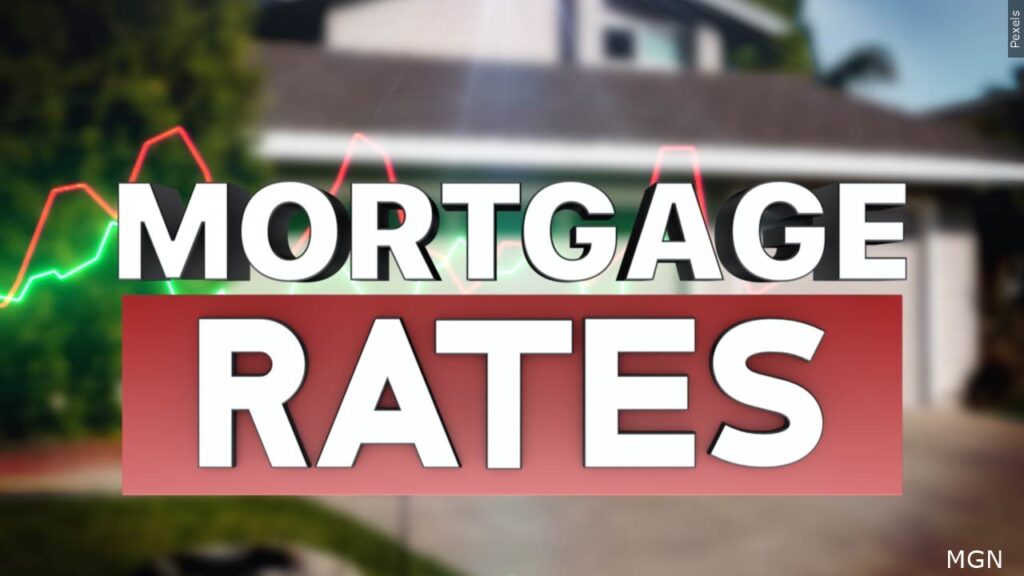Finding the right financial advisor can feel like searching for a needle in a haystack. But securing your financial future requires expert guidance, and that starts with finding a Certified Financial Planner (CFP) near you. This blog post will guide you through the process, helping you find a CFP who’s the perfect fit.
Understanding Certified Financial Planners
Certified Financial Planners are financial professionals who have met rigorous education, examination, experience, and ethical requirements. The CFP certification signifies a high level of competency and commitment to client well-being. Unlike some advisors, CFPs are held to a fiduciary standard, meaning they are legally obligated to act in your best interest. 
Why Choose a Local CFP?
While online advisors offer convenience, a local CFP provides personalized attention and the ability to build a strong, trusting relationship. Meeting in person fosters better communication and understanding of your unique financial situation. Plus, you’ll have easy access to your advisor for quick questions or consultations.
Finding CFPs in Your Area
Several resources can help you locate CFP professionals near you. You can start by using the search tool on the CFP Board website or checking online directories like the Financial Planning Association’s website. Many financial institutions also employ CFPs. Don’t hesitate to ask for referrals from trusted sources like friends, family, or your accountant.
What to Look for in a CFP
Finding a CFP with the right expertise and personality is crucial. Look for someone who specializes in your area of concern – retirement planning, estate planning, or investment management, for example. You should also feel comfortable communicating with them openly and honestly. A good CFP will take the time to understand your financial goals and concerns. [IMAGE_2_HERE]
The Initial Consultation
The initial consultation is your chance to assess the fit. Ask about their fees, their approach to financial planning, and their experience with clients similar to you. A reputable CFP will be transparent about their processes and willing to answer all your questions. Don’t be afraid to interview multiple candidates before making a decision. Read client reviews carefully.
Building a Long-Term Relationship
Financial planning is a long-term commitment. Choose a CFP who you trust and who you feel comfortable working with over the years. Regular communication is key to staying on track towards your financial goals. Remember, your CFP is a partner in your financial journey.
Understanding Fees and Services
CFPs typically charge fees based on either an hourly rate, a percentage of assets under management, or a project-based fee. Clarify their fee structure upfront to avoid any surprises. It is also important to understand what services are included in their fees. [IMAGE_3_HERE]
Beyond the Basics: Specializations
Many CFPs have areas of specialization. Consider whether you require expertise in a specific area, such as tax planning or insurance. A specialized CFP can provide more targeted and effective advice for your particular needs. Make sure to ask about their professional certifications or additional training.
Finding the right CFP takes time and effort, but it’s a crucial step in securing your financial future. By following these steps and taking your time, you’ll be well-prepared to find the expert who can help you achieve your financial goals.
Frequently Asked Questions
What is a fiduciary? A fiduciary is a person or institution who has a legal obligation to act in the best interest of another person or entity.
How much does a CFP cost? CFP fees vary widely depending on their experience, location, and the services they provide.
How do I find a CFP who specializes in retirement planning? Use the search tools available on the CFP Board website, specifying your requirement for retirement planning expertise.
What questions should I ask during the initial consultation? Inquire about their fee structure, experience, approach to financial planning, and their processes.
How often should I meet with my CFP? Regular meetings, ideally at least annually, are essential for reviewing your progress and making adjustments to your plan.



